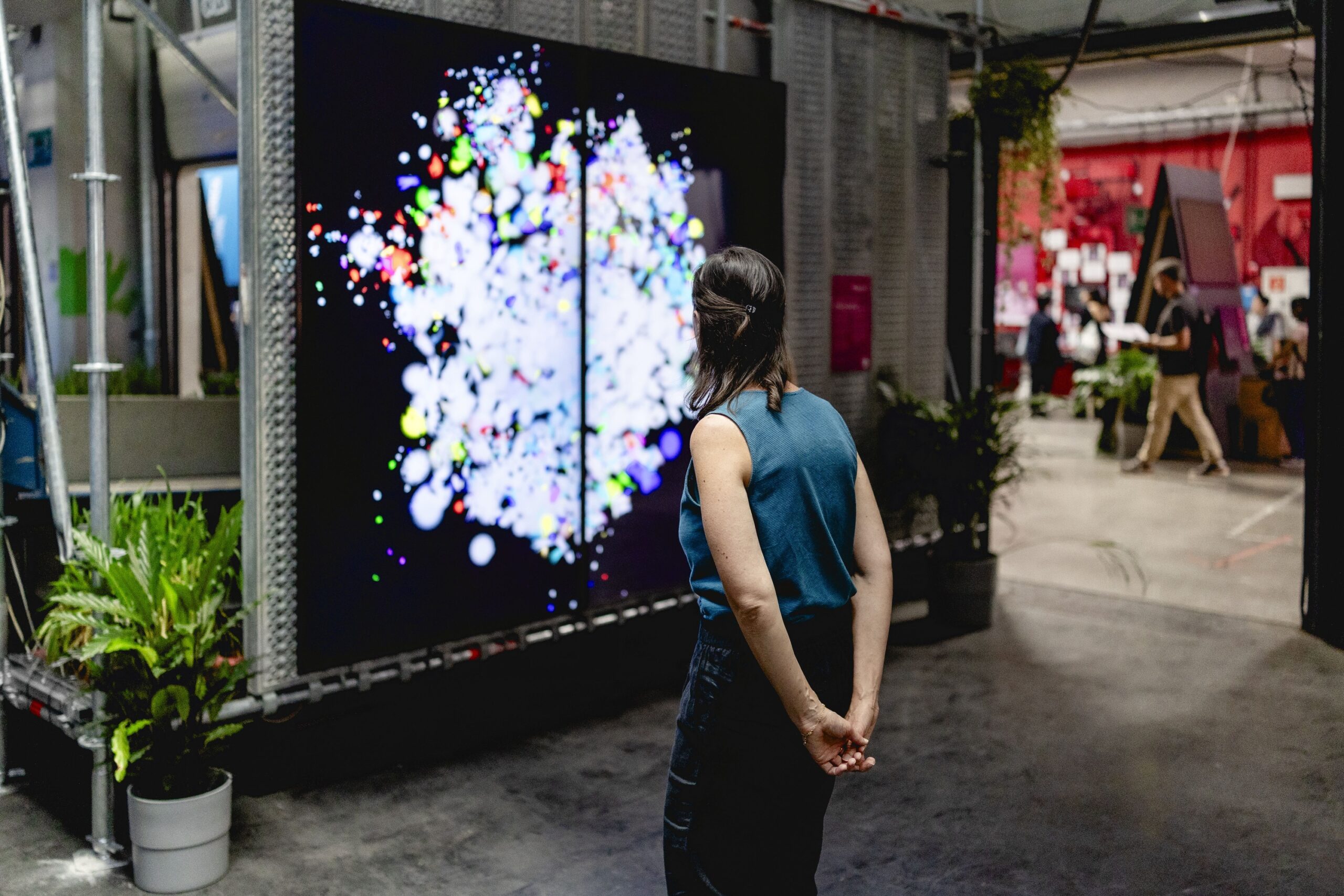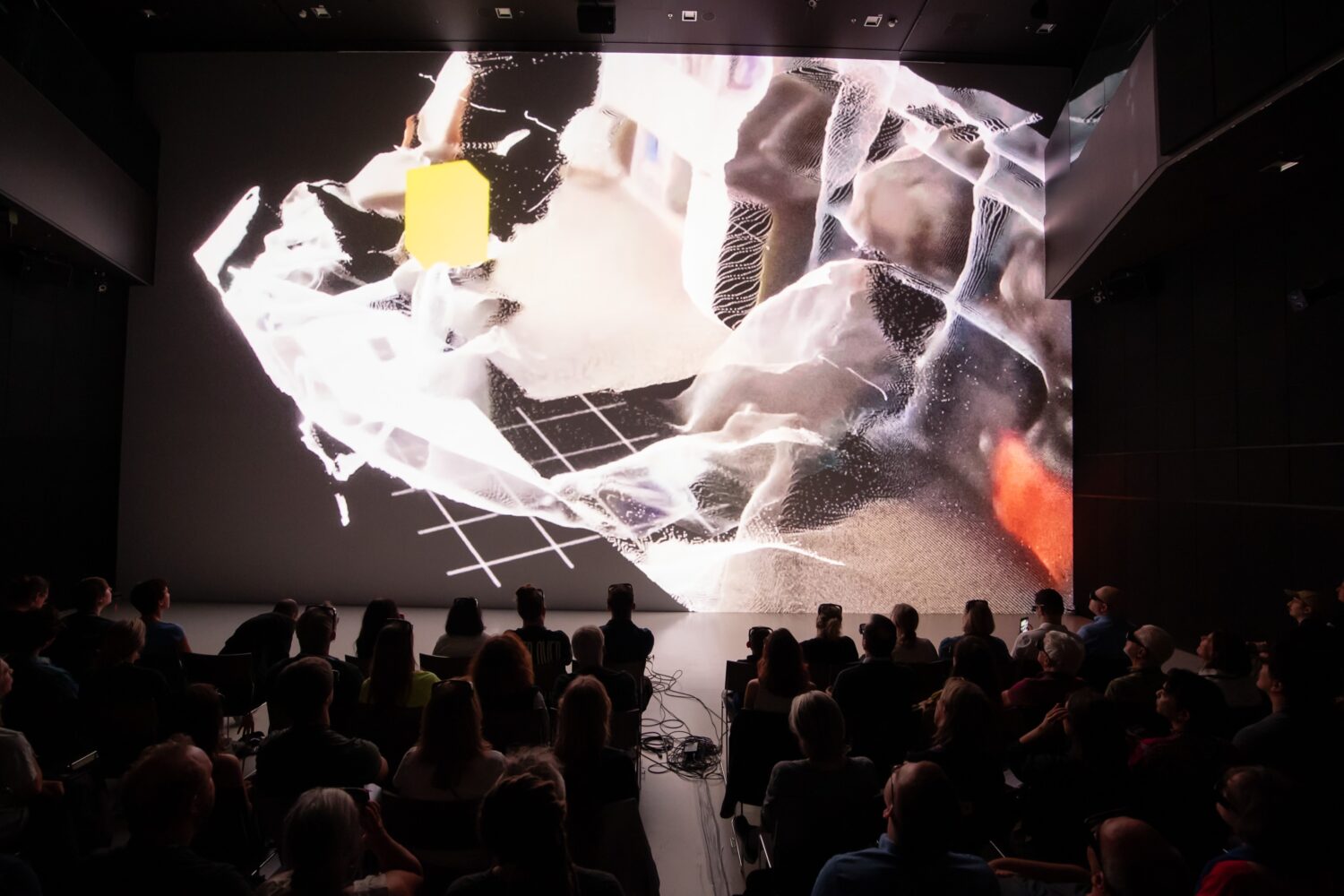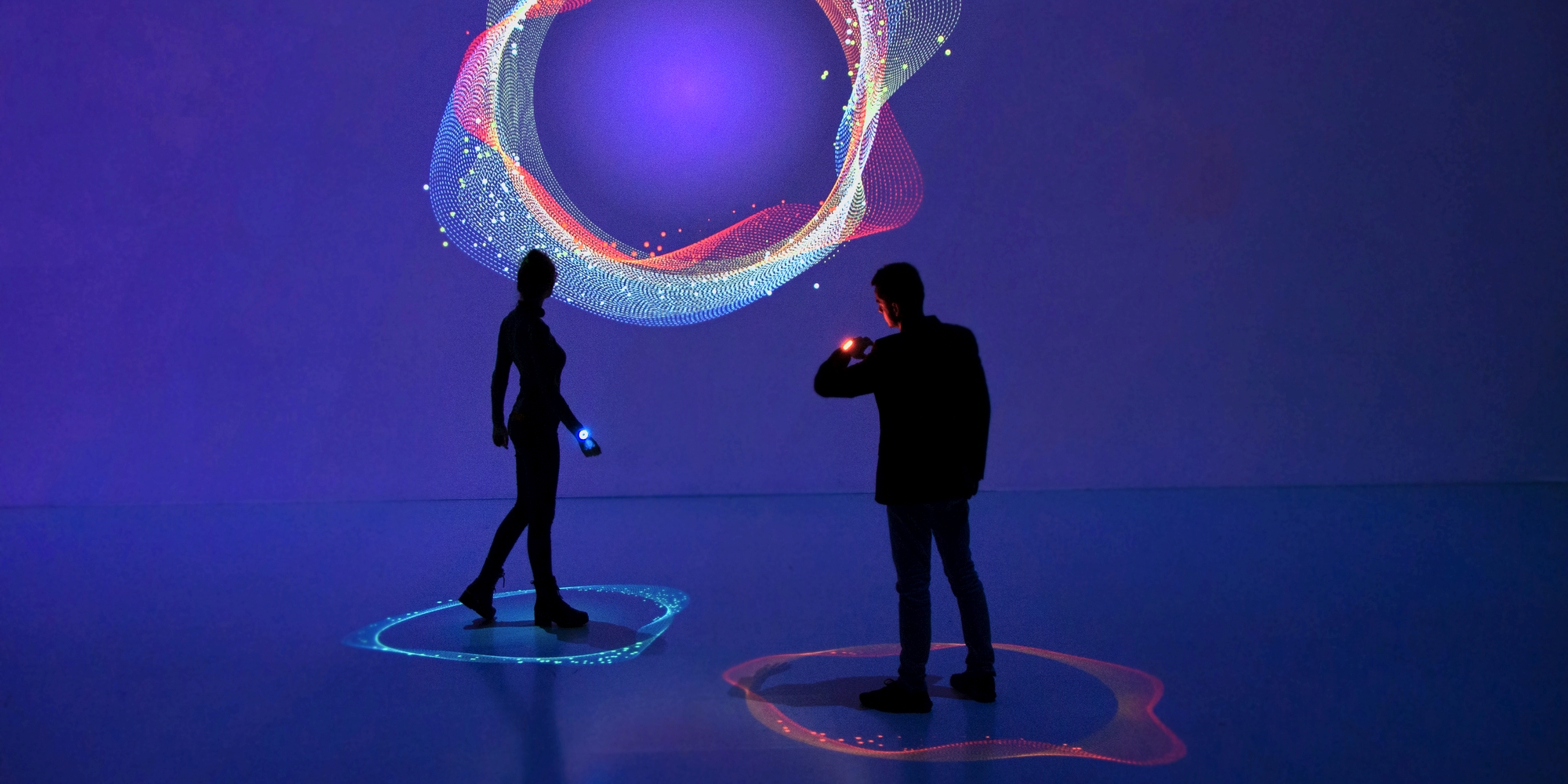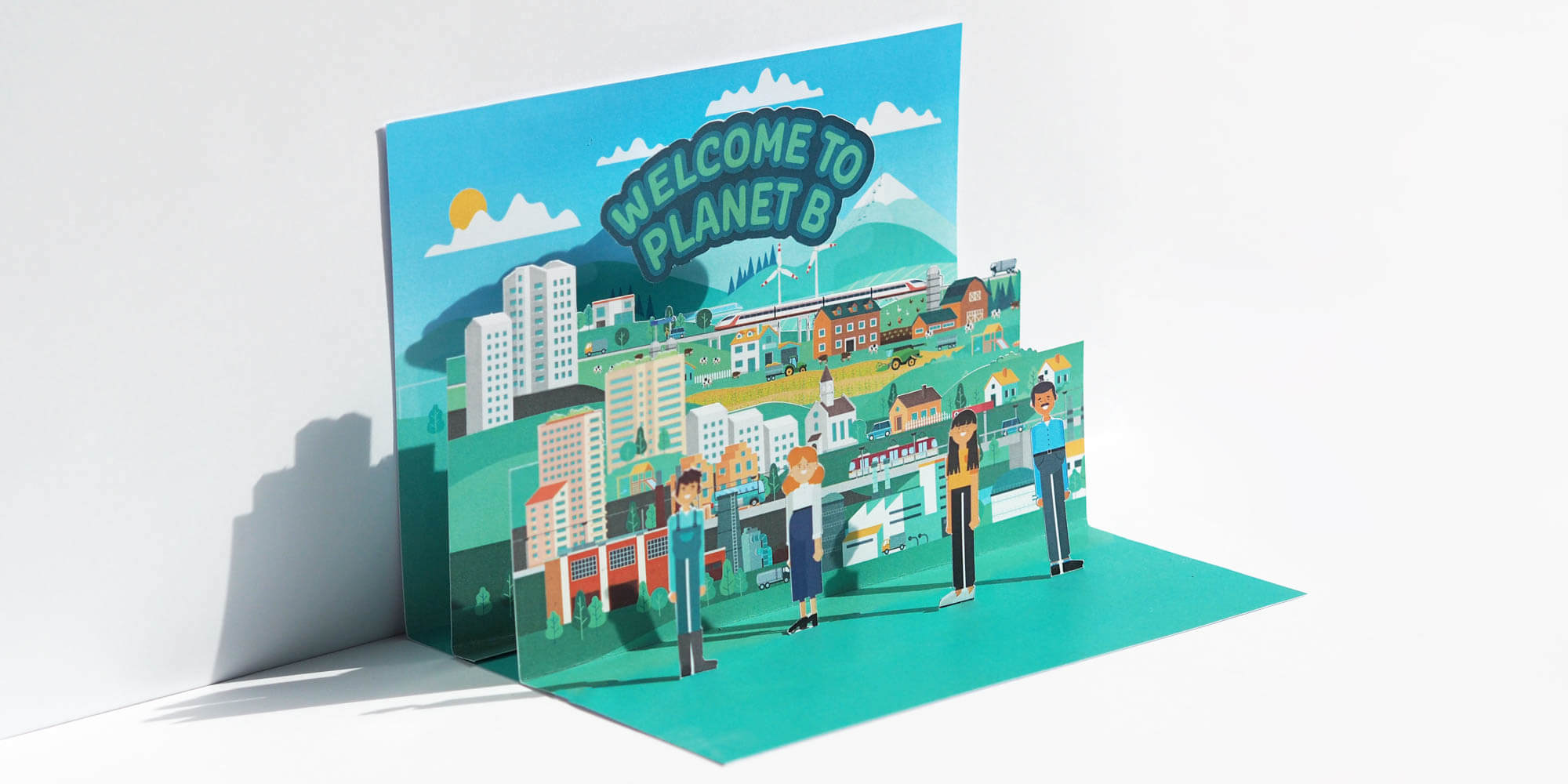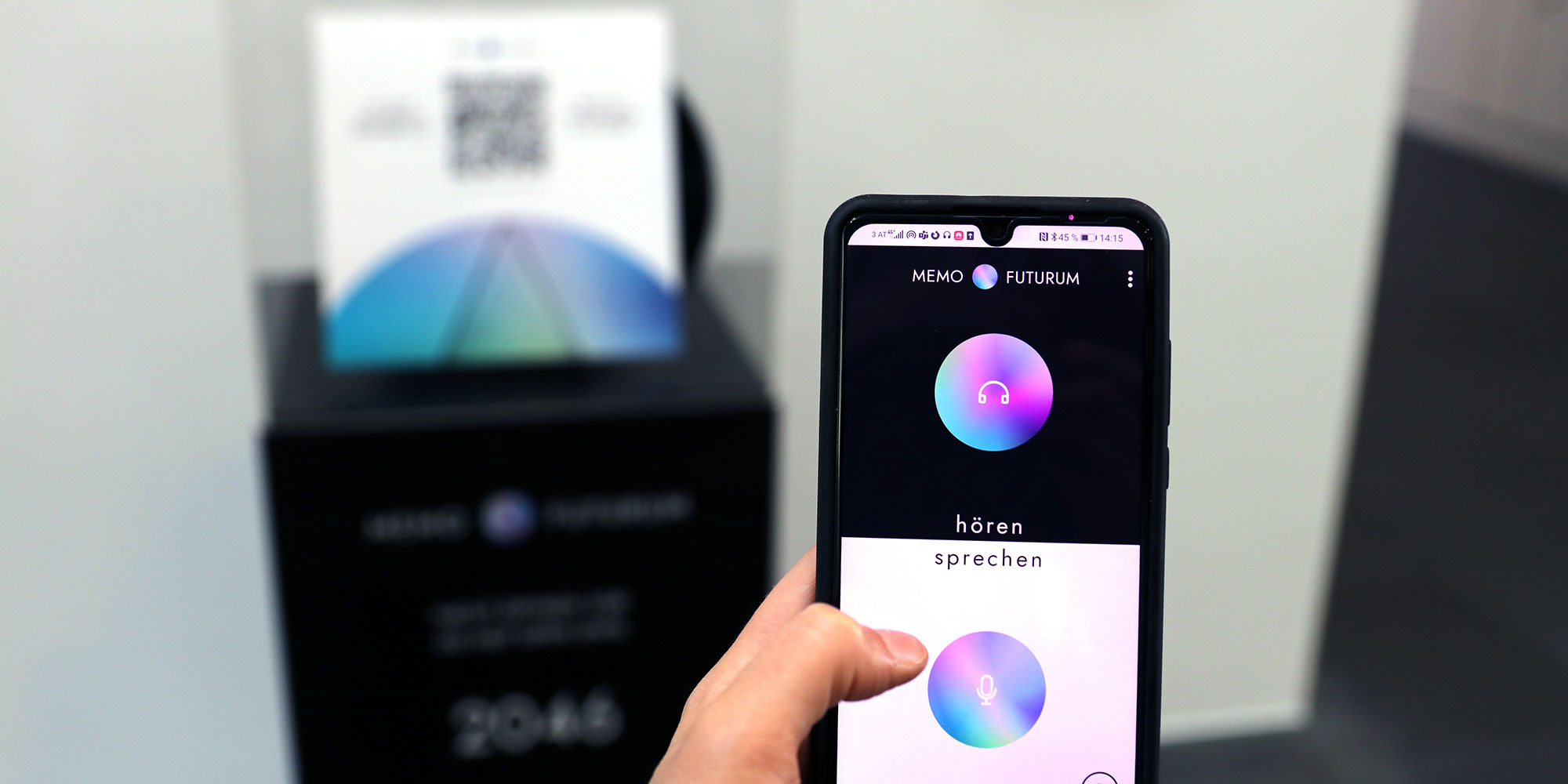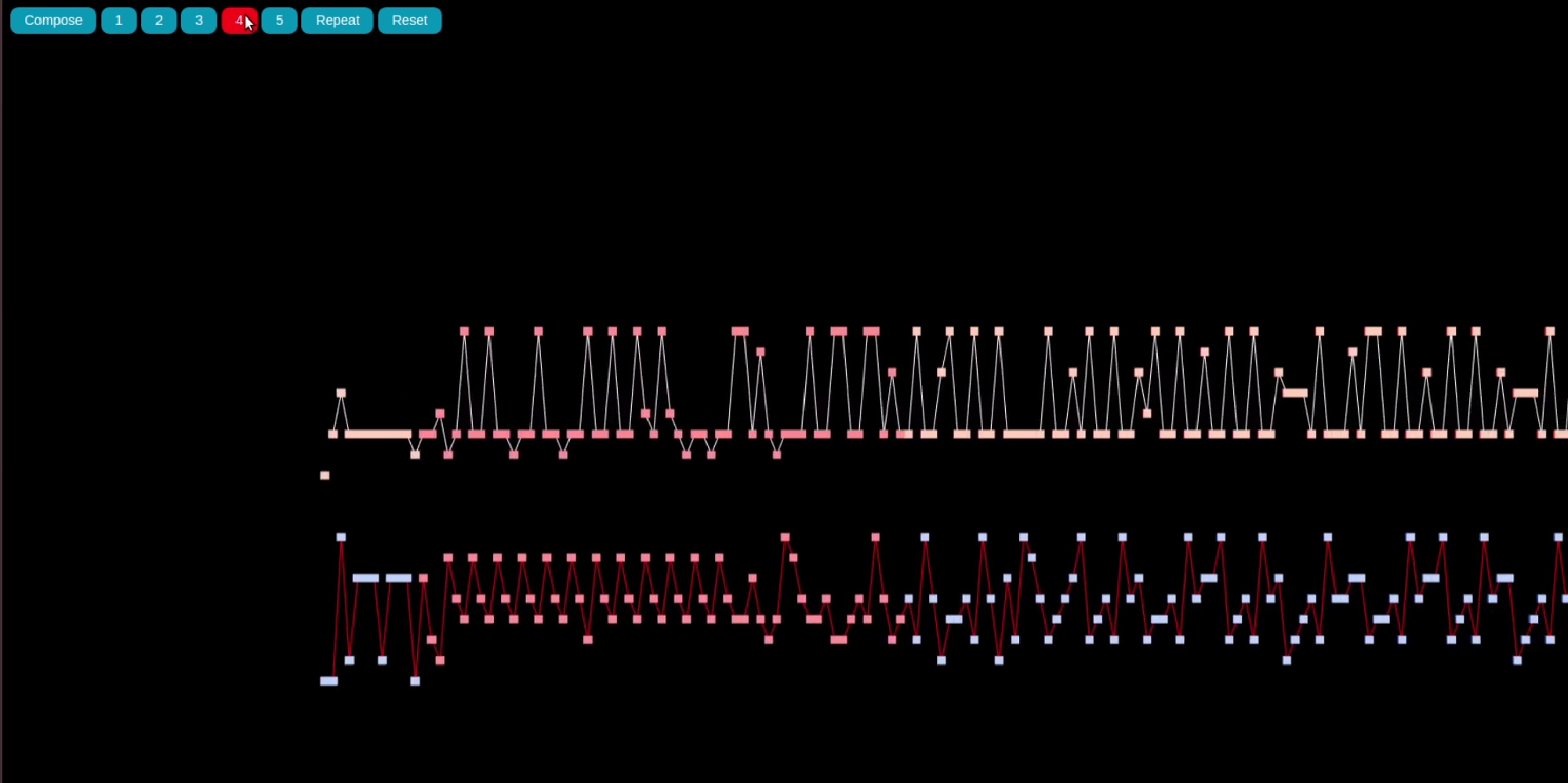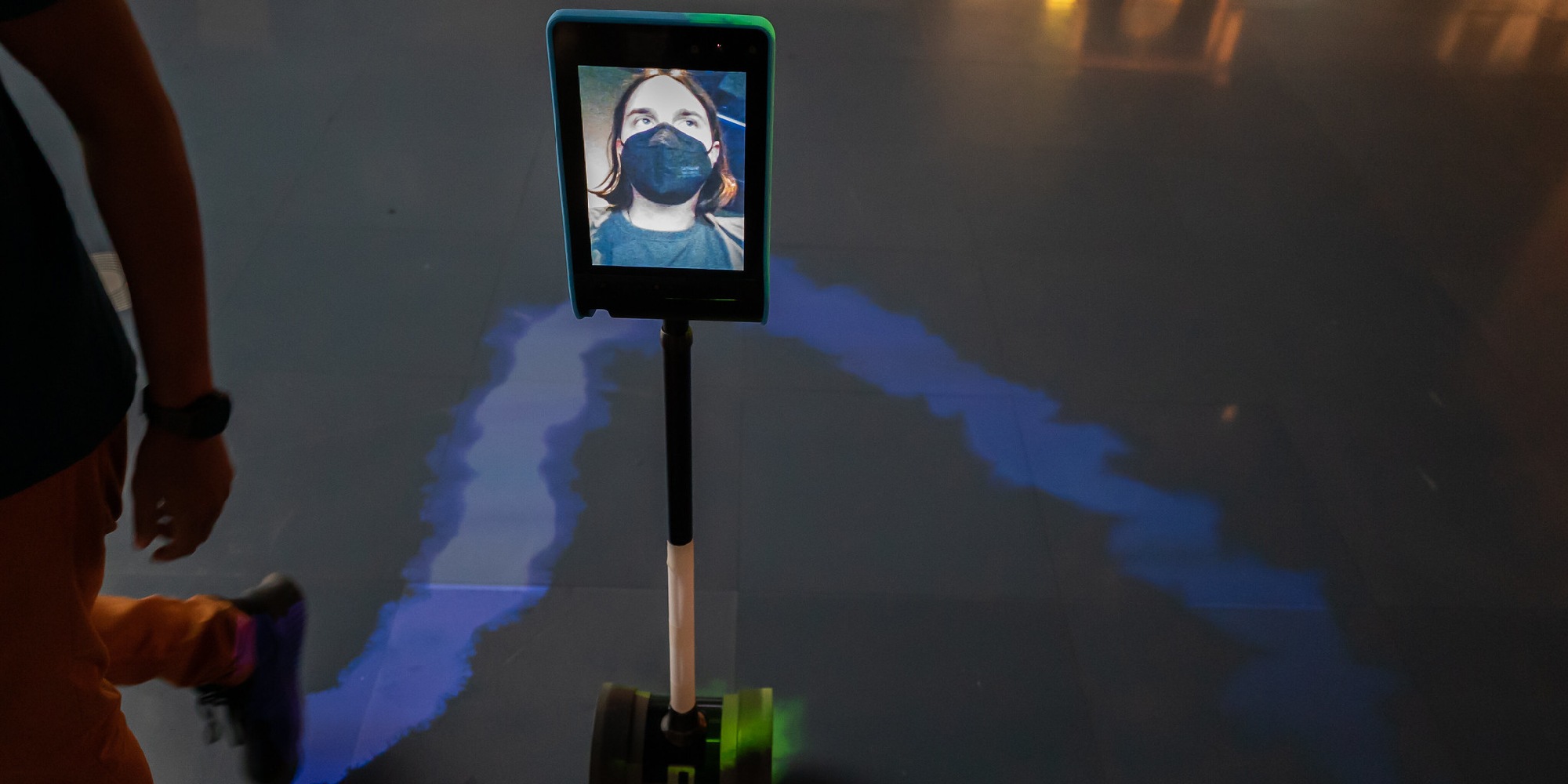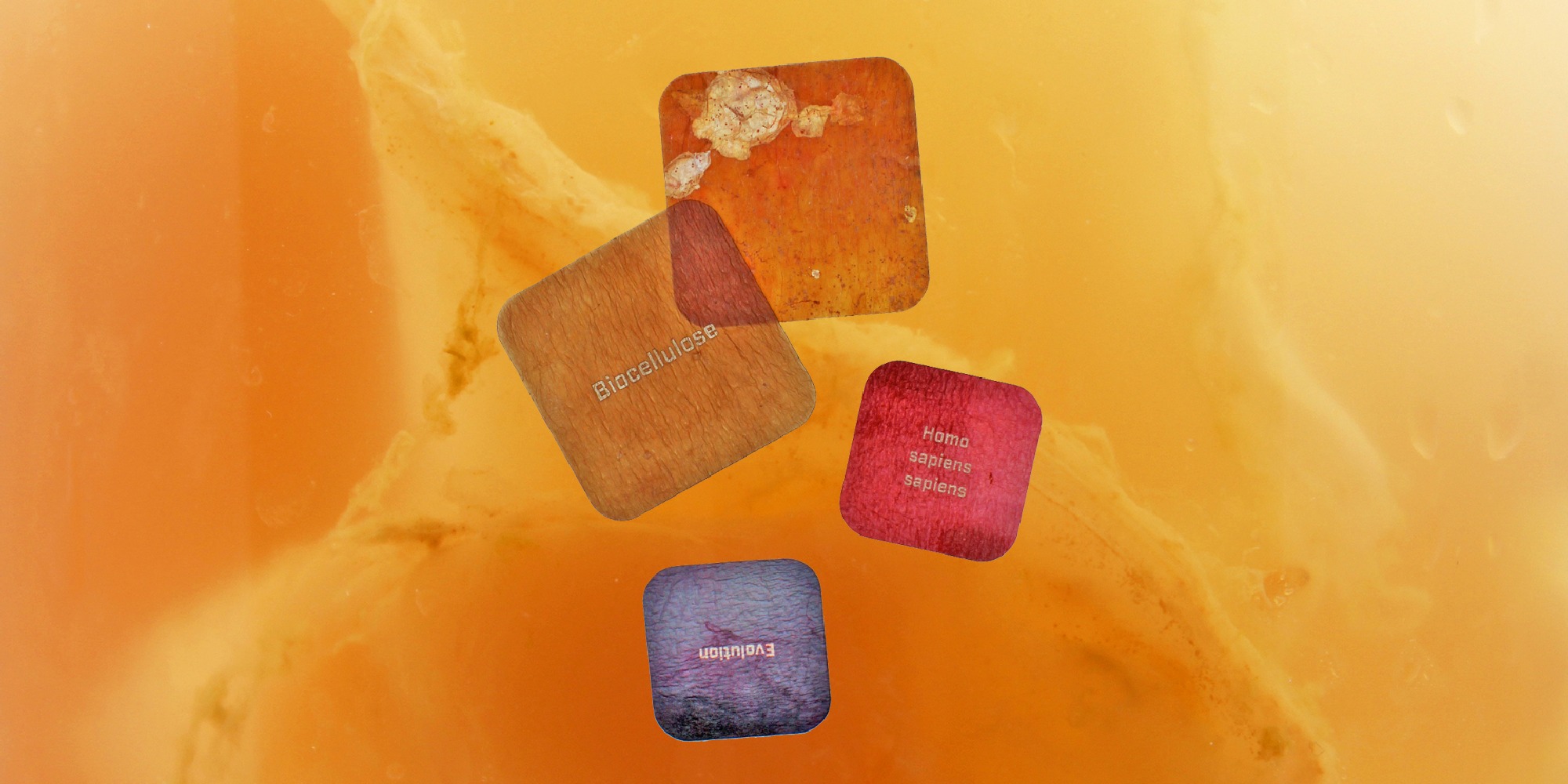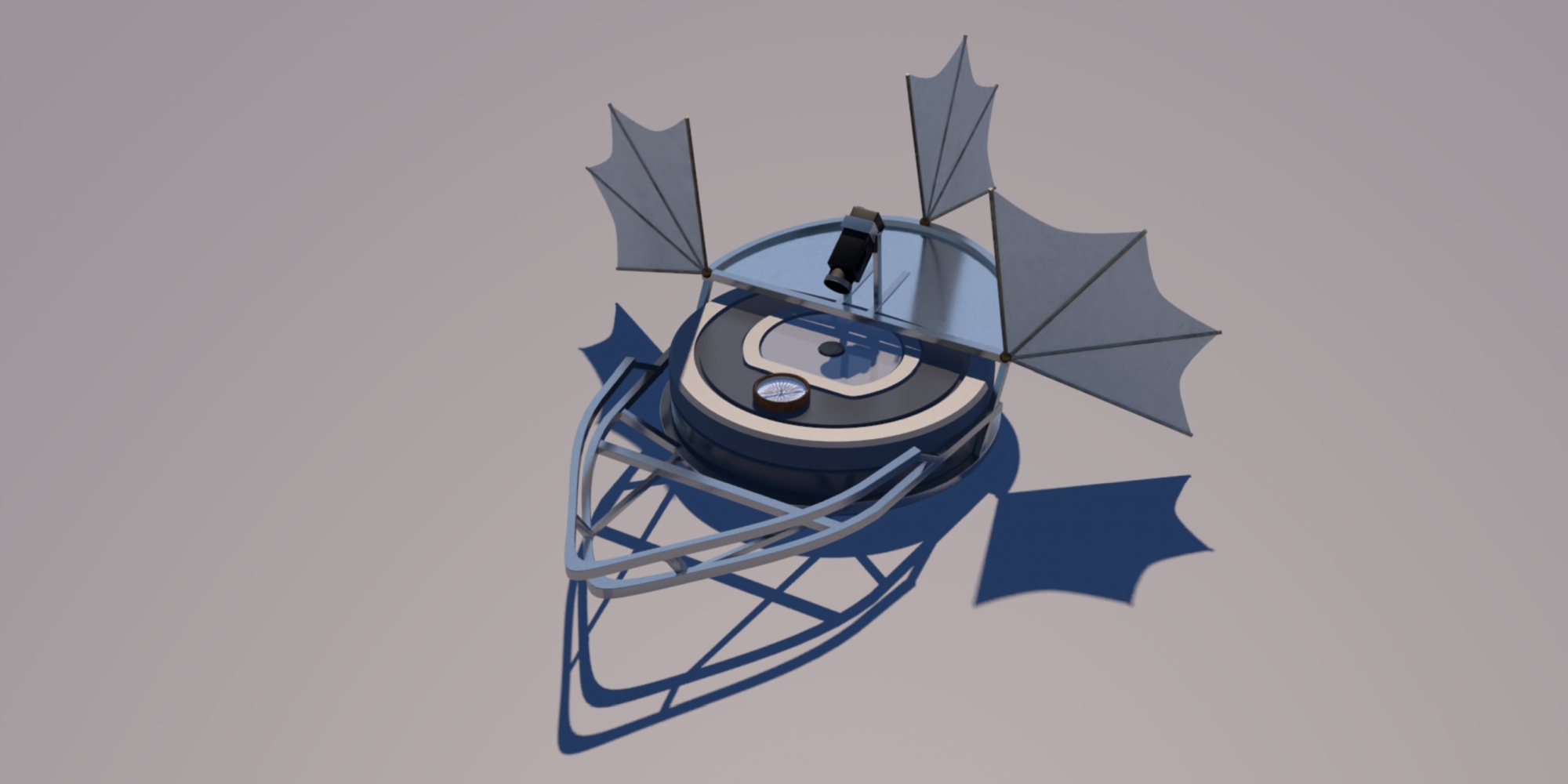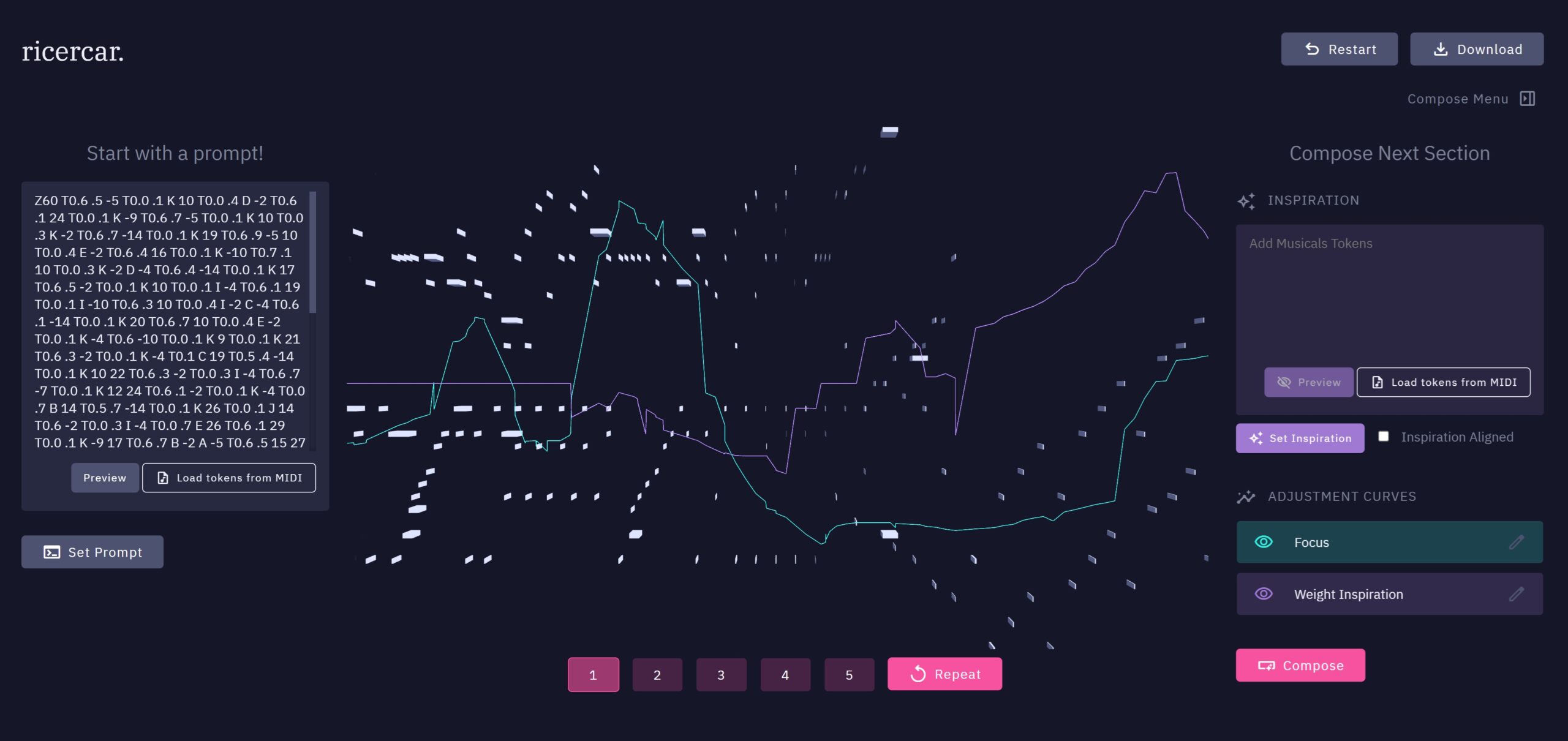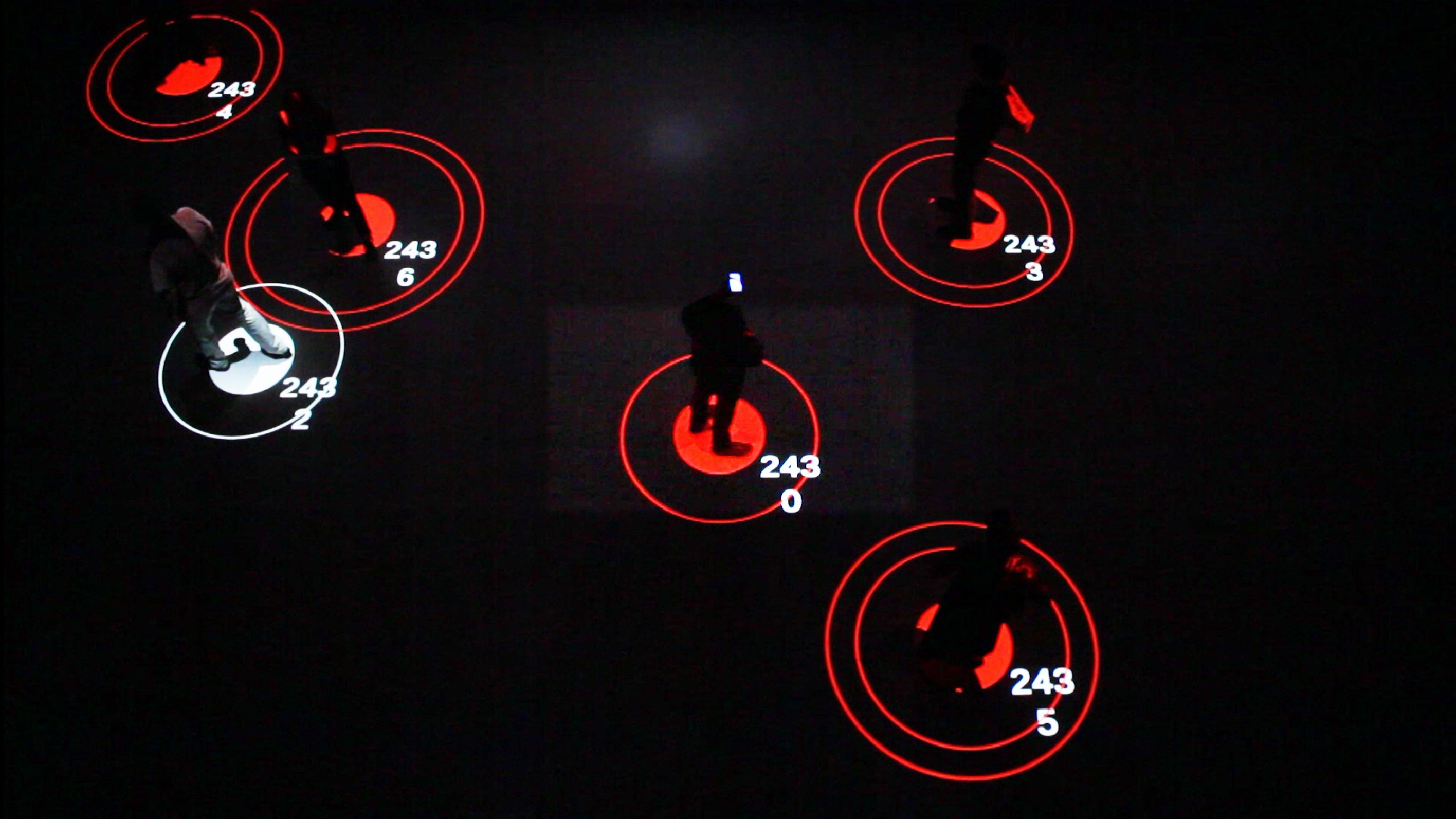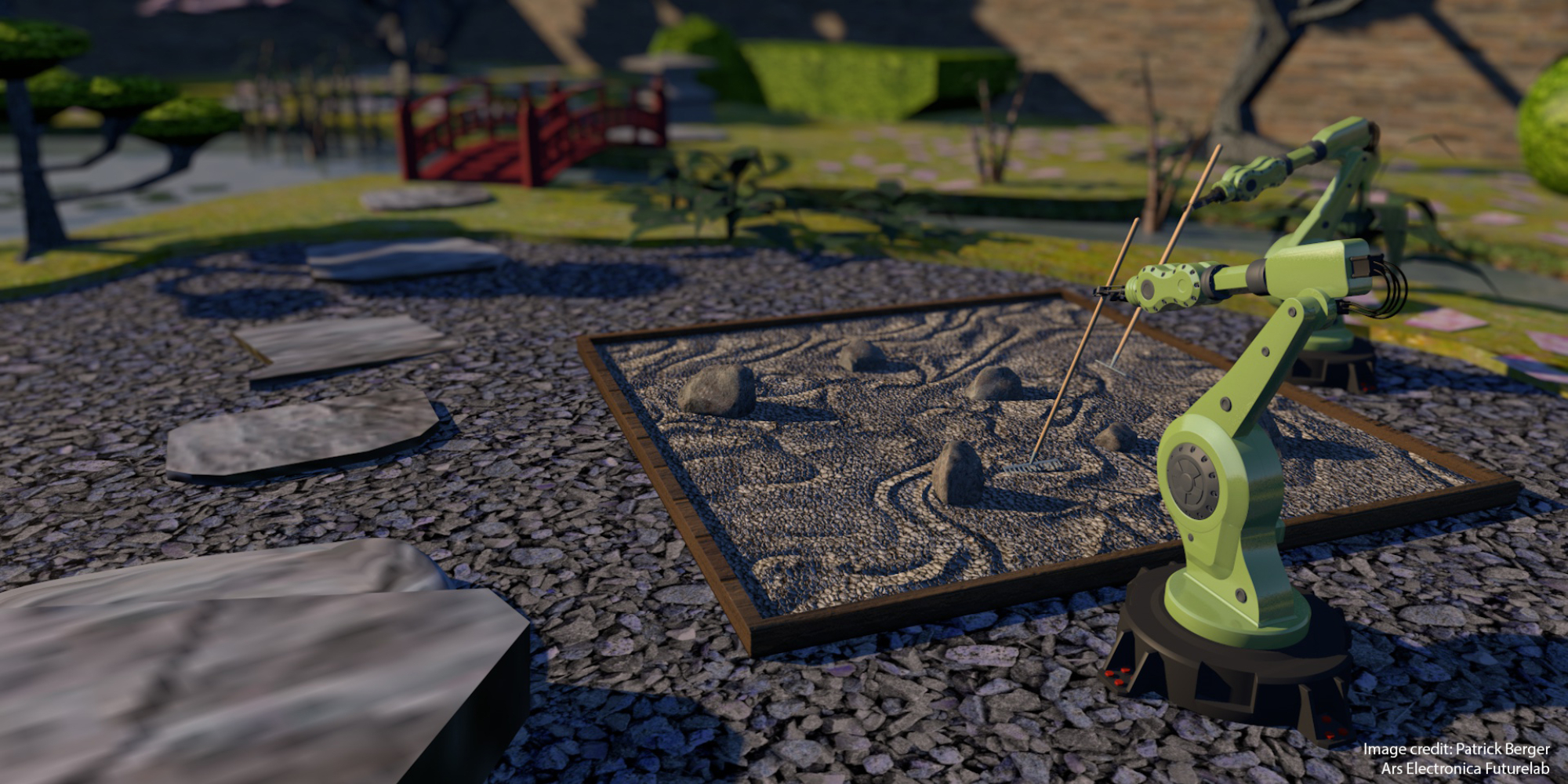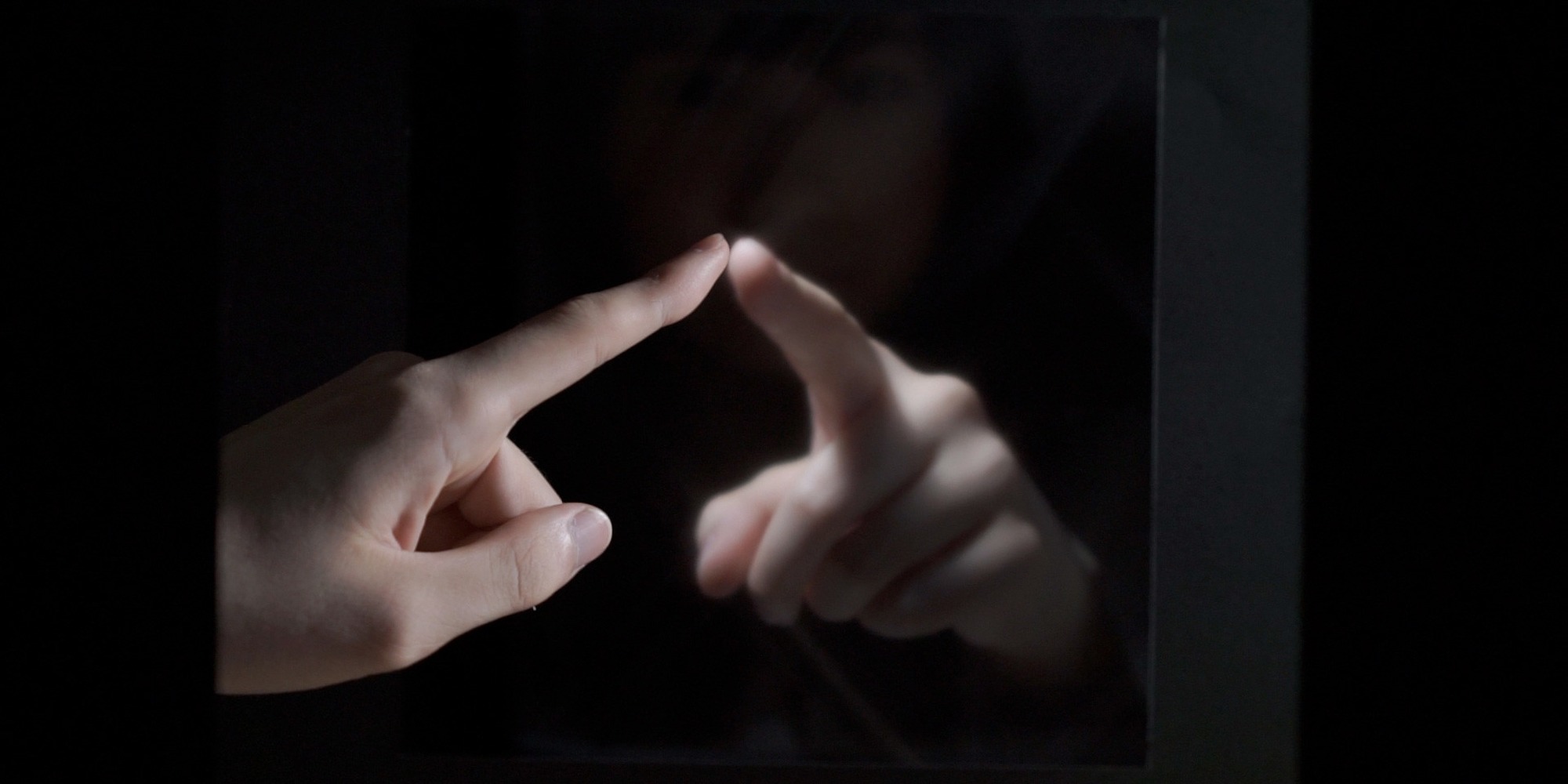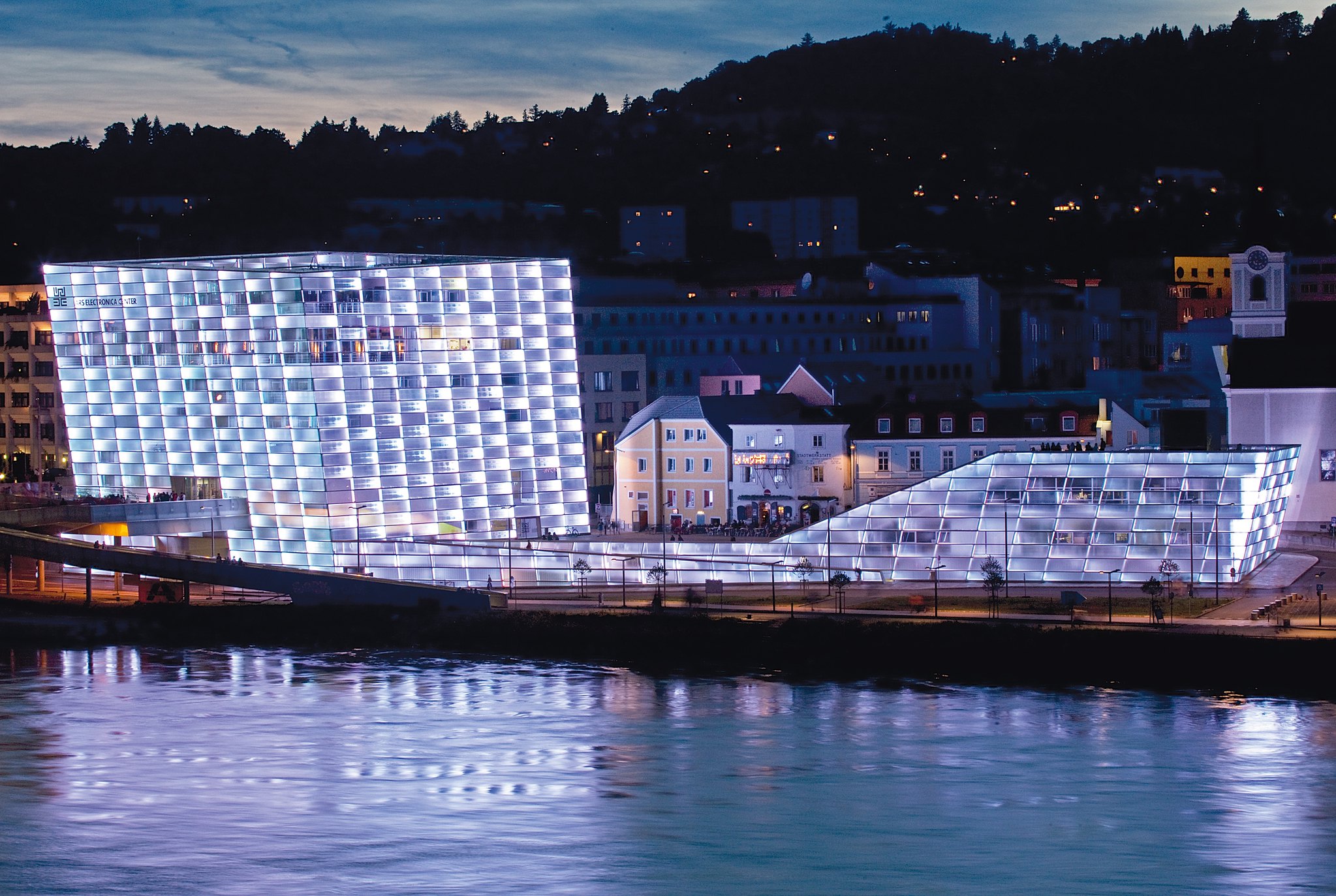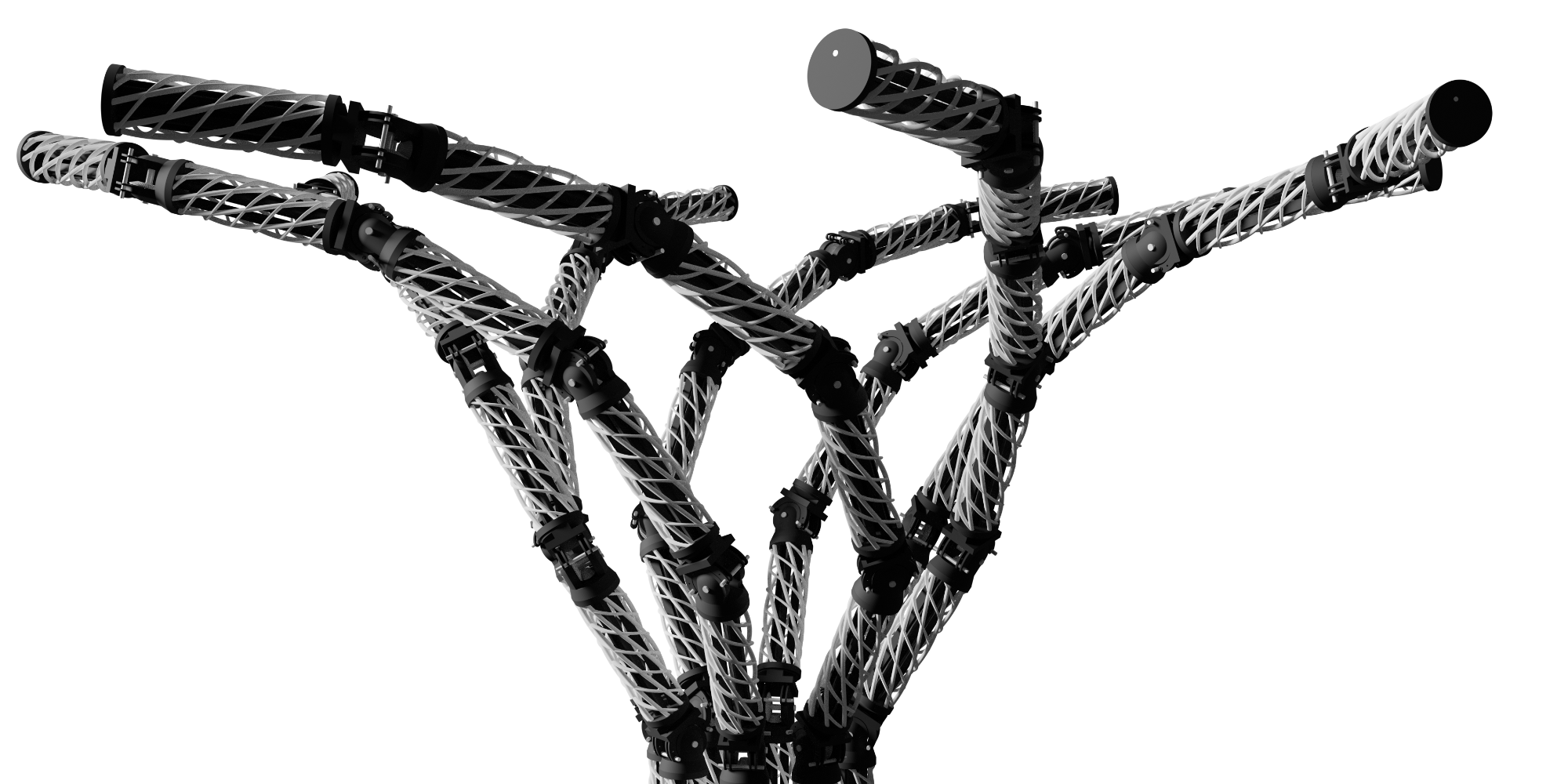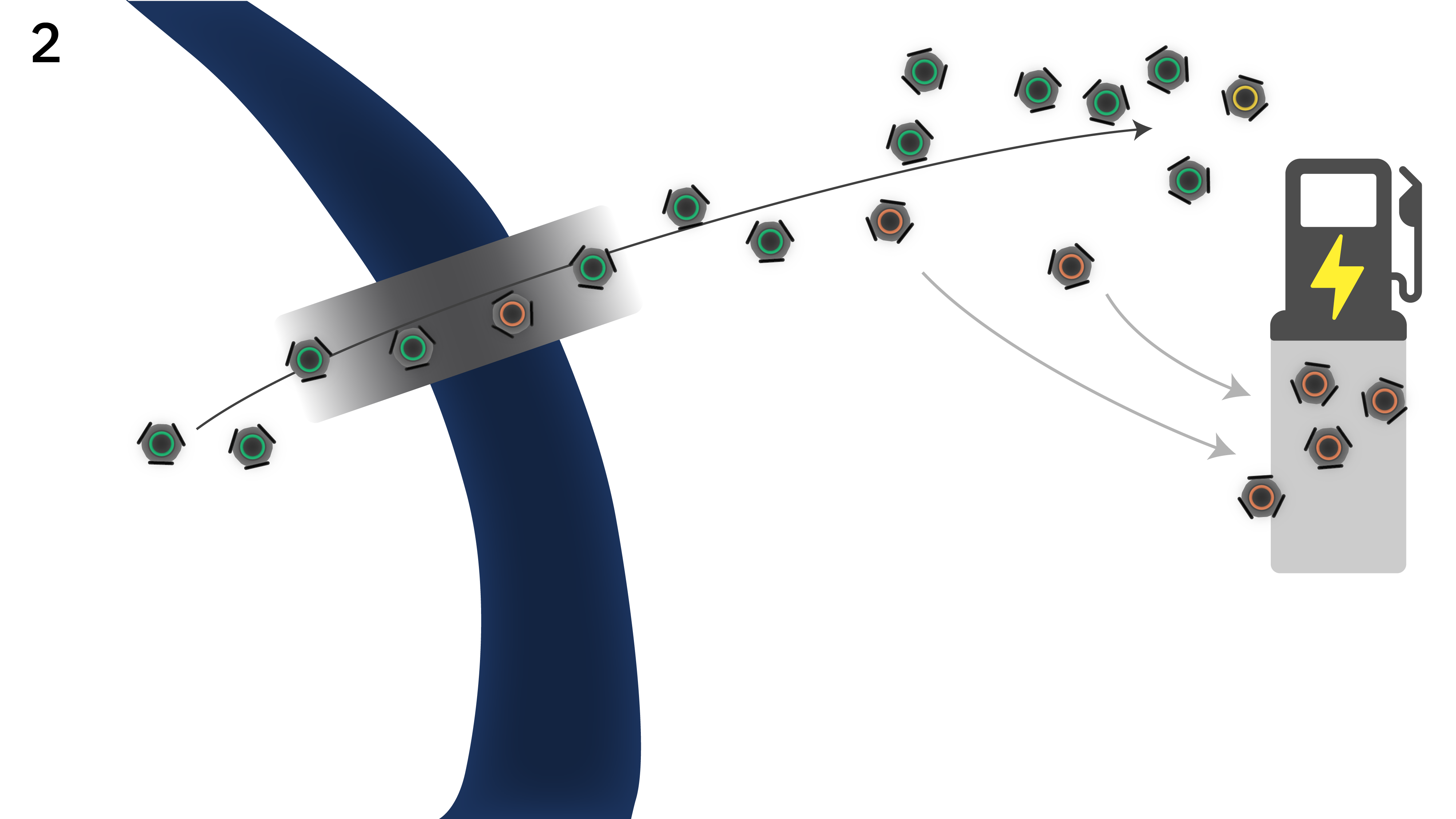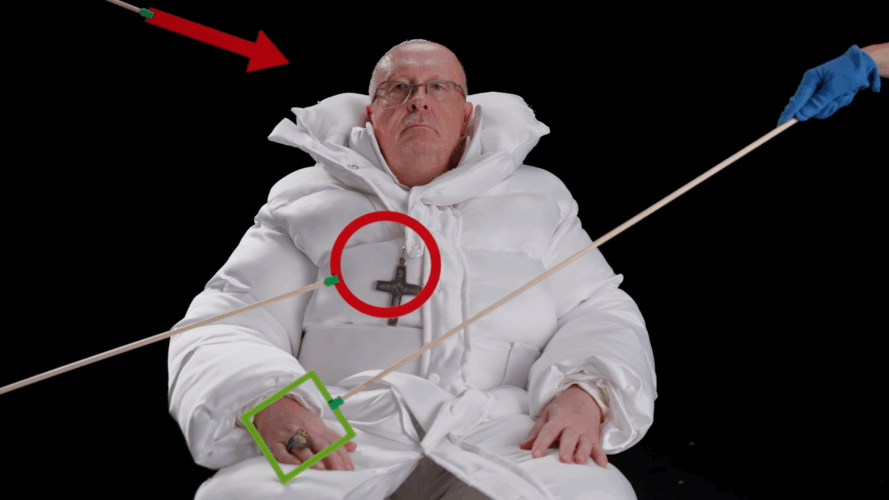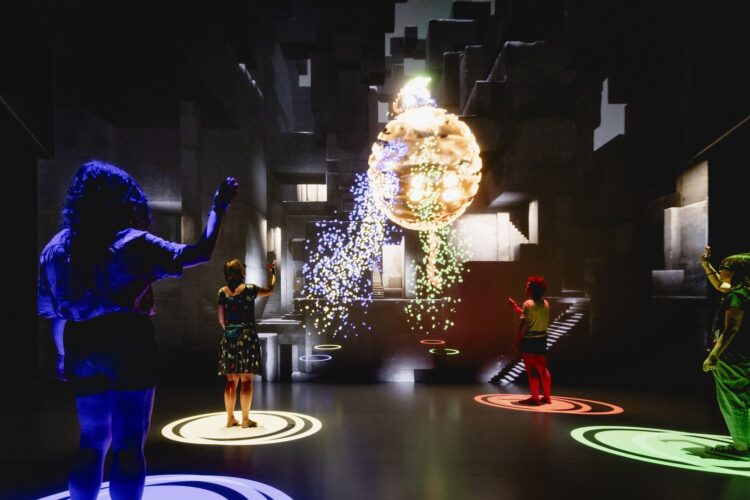The Futurelab Ideas Expedition is a yearly internal competition at the Ars Electronica Futurelab, designed to foster creativity, experimentation, and collaboration between lab members. The projects range from basic research and creative exploration to societal interventions.
The outcomes of the Futurelab Ideas Expedition include interactive experiences and installations, performances, workshops, games, and books. Winning proposals are funded by the Futurelab and presented at the Ars Electronica Festival.
Granted Projects 2025
An experimental project that uses Gaussian Splatting to explore the subjective nature of reality by comparing human perception and machine-recorded spatial experiences.
A speculative, interactive interspecies experience immersing visitors in raven communication amid AI, animal intelligence, and human confusion.
Granted Projects 2024
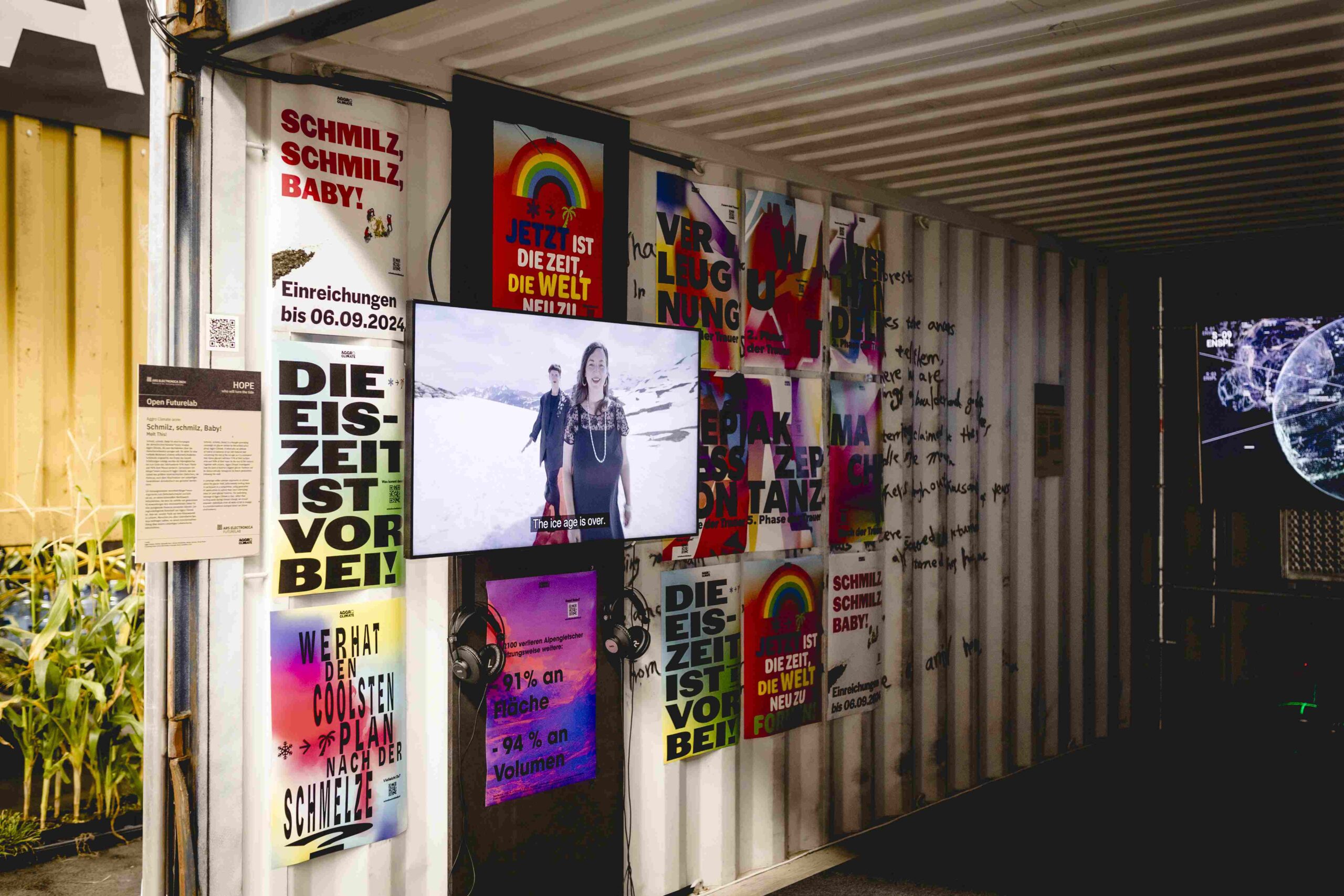
Schmilz, schmilz, Baby! / Melt This!
A thought-provoking campaign on glacier retreat by the activist artist group Aggro Climate.
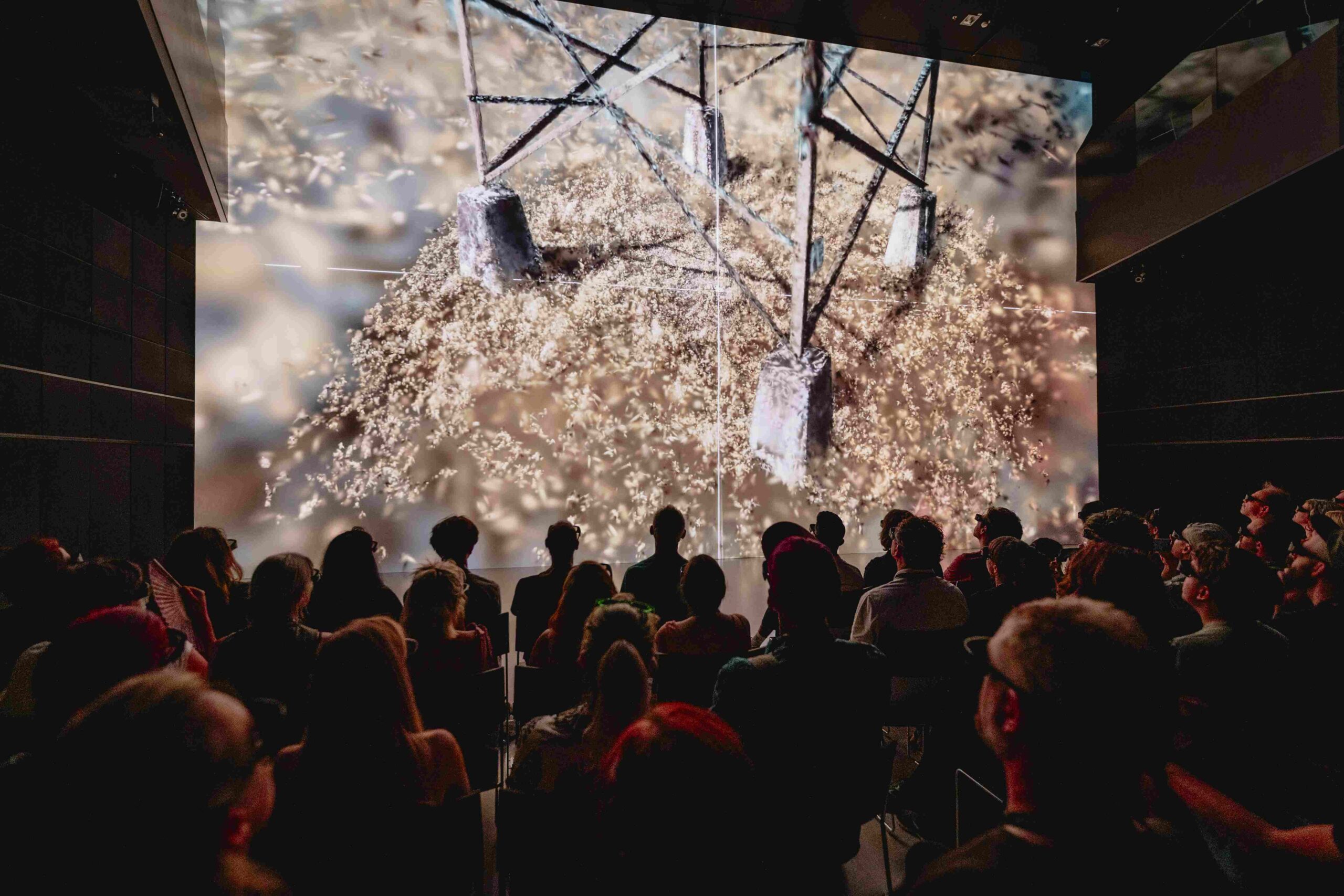
Persistent Time Sink Resonance
An artistic exploration of reality volumes utilizing 3D Gaussian Splatting.
Since its inception in 2020, the Futurelab Ideas Expedition serves as both a platform and a tribute to the inventive spirit and expertise within the team. Time and again, the intentionally open-ended initiative leads to long-term projects such as Ricercar, a renowned collaborative human-AI musical composition system. It serves as a blueprint for human-AI co-creation, with its works performed worldwide and composition students in distinguished universities working with the program.
Another example is the intergenerational card game Bridge 2040 that is now available in three languages and utilized in numerous workshops. Persistent Time Sink Resonance as the Futurelab’s first dive into the complex world of Gaussian Splatting has opened the door to multiple cutting-edge artistic works and projects, constantly expanding the possibilities – as by adding the dimension of time in Inference Ground Truth. And in collaboration with Linz Tourism, everyone from visitor to resident was invited to try out the technology with Beyond Curiosity.
So, beyond internal innovation, Ideas Expedition projects often also influence external partnerships and collaborations, underlining the broader significance of this creative incubator.
Granted Projects 2023
Card game for intergenerational as well as innovators workshops where dialogue is fostered with collaborative storytelling of future narratives.
Interactive application for Deep Space 8K to experiment with psychological and physiological processes by exploring visitors’ heartbeats.
The Futurelab Ideas Expedition is intentionally open-ended, with the goal of contributing to the Futurelab’s vision, the future of society, and individual human experience. Winning proposals are supported with funding as well as access to the lab’s resources and equipment. The outcomes are showcased at the Open Futurelab during the Ars Electronica Festival. Out of over 50 Futurelab Ideas Expedition submissions in the past years, 14 projects have been awarded funding, alongside eleven honorary mentions.
Granted Projects 2022
A pop-up book about climate change for kids aged 8 to 12 to promote understanding of Futurelab’s Deep Space 8K application “Welcome to Planet B!”.
Immersive audiovisual experience for Deep Space 8K, created through the interaction between artificial intelligence and biological entities.
Granted Projects 2021
Featuring voice memos from the population that will only be audible again in 2046, this project invites us to consider our personal and collective visions of the future.
Celebrating the 25th anniversary of Ars Electronica Futurelab and Center, this project used their initial letters as a basis for composition with the AI system Ricercar.
By adding remotely controlled actuators to other controls like light switches and elevator buttons in any environment, OutReach provides a way of interaction via telepresence.
Honorary Mentions 2021
Exploration of biological and chemical methods to create materials for art and design, using the Ars Electronica Center’s BioLab and MaterialLab.
Will AI meet us on the same level or will they misinterpret our intentions and react like Portuguese explorer Ferdinand Magellan to the Chamorro?
Granted Projects 2020
Ricercar is an interactive AI-based music composition system where human users and the AI system discover the potential of a musical idea in a collaborative way.
Visualization of the COVID-19 infection chain in simulated everyday environments to virtually test how individual behavior can affect a worldwide pandemic.
Artifact-bound, augmented-reality powered social interface: Utilizing arbitrary objects as communication channels by the means of their visual equality via mobile application.
